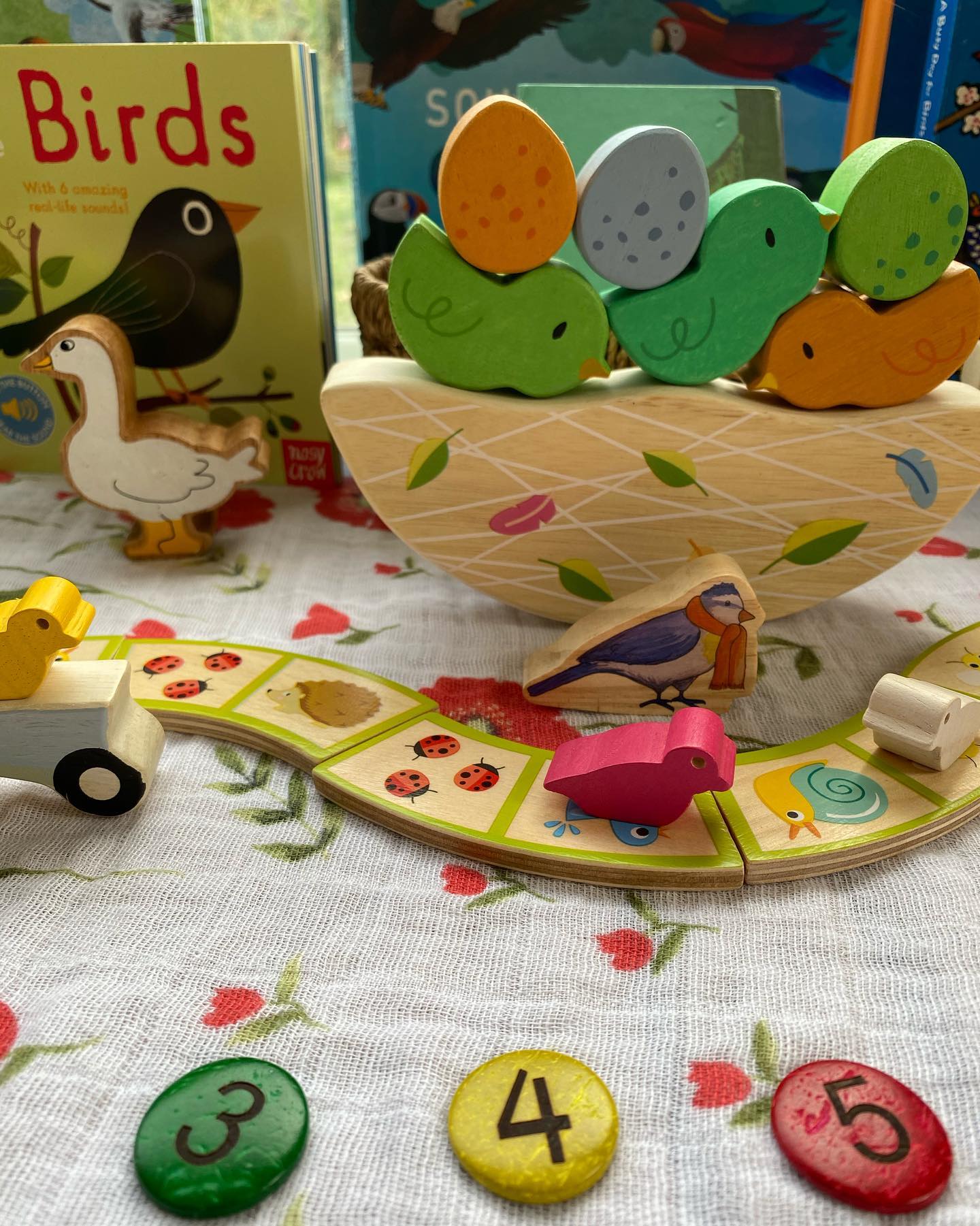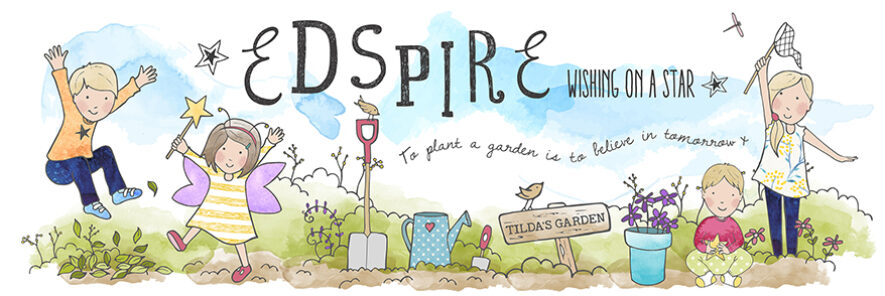This is a sponsored post
Science is a diverse subject and can be found everywhere we go, in the technology at home and outside in the natural world. For young children with so much to learn and so many burning questions to ask, science can be a fascinating topic to explore. Young people who graduate from school or university with science-related qualifications are likely to find themselves with a world of options when it comes to a career. So, in order to feed your child’s curiosity and encourage them to harness a love of science you may wish to have a look at the following advice from an independent school in Winscombe.
Explore Nature
Exploring the outside world is the perfect place to start if you want to teach your children about science. So many of the seemingly mundane things we encounter day to day are fascinating upon closer inspection. Have your children find different coloured leaves in autumn, then use this as a tool to explain the changing seasons and life cycles. Look out for birds scratching the ground for insects and teach them about food chains. Take a walk through the woods and ask them to think about what bugs and animals might be living amongst the trees, and what sorts of habitats these animals prefer in order to survive. There are endless opportunities to educate your child about the natural world if you just take a closer look.

Home Experiments
If your child has an appetite for practical activities, then at home experiments will be a great way to inspire their inner scientist. Why not collect insects in a glass jar and allow your child to study them? This up close and personal experience will not only teach your child about animals, it will also teach them that insects are not something to be feared. You could also set up a simple experiment to determine which items float or sink, requiring only a container filled with water and various objects found around your home.
Questions
Your child may need a little nudge in the right direction to really get their curiosity flowing. Asking them leading questions will prompt them to dig a little deeper rather than just accepting the things they see and moving on. ‘Look at that rainbow. How do you think that is made?’ ‘Look at all those stars, what do you think they are?’ They won’t always have the answers but asking the questions will encourage them to think critically and use logic to try and come up with the answer. You can then tell them the answer and teach them something new.
This weekend there is a perfect opportunity to engage in some science with your little ones
You can join families around the country
Observing and recording the birds that visit your garden
A brilliant citizen science project to get involved with
Here are some ideas for engaging with the Big Bird Watch
Through books and play
Will you be joining the Big Garden Bird Watch this weekend?
